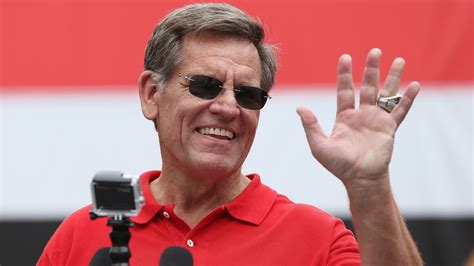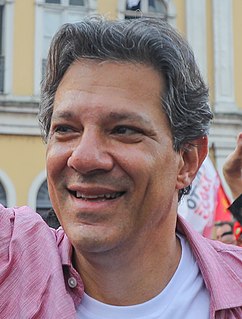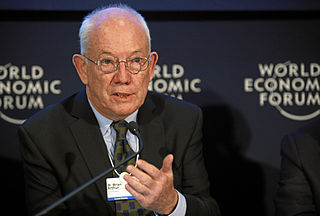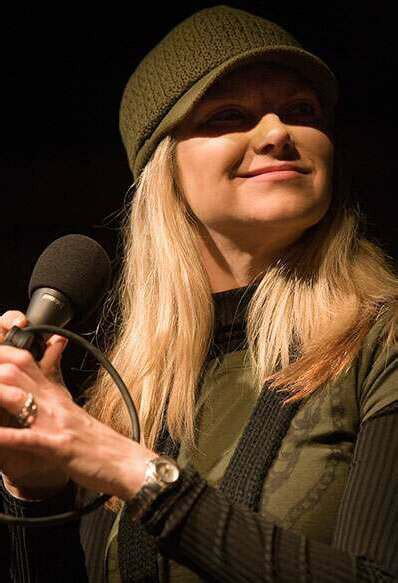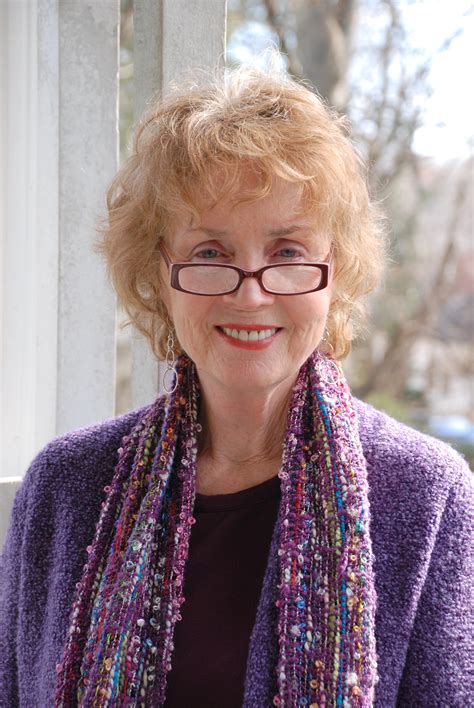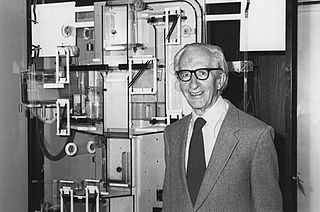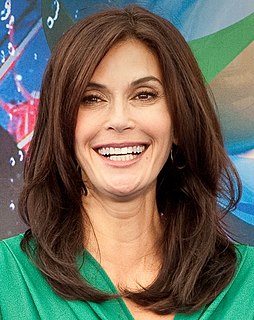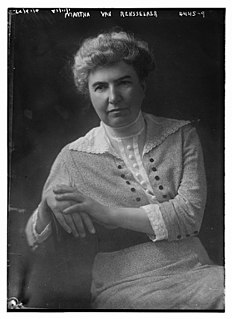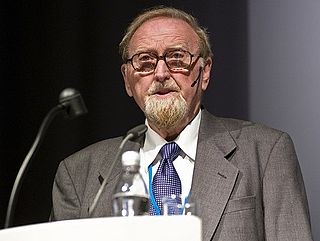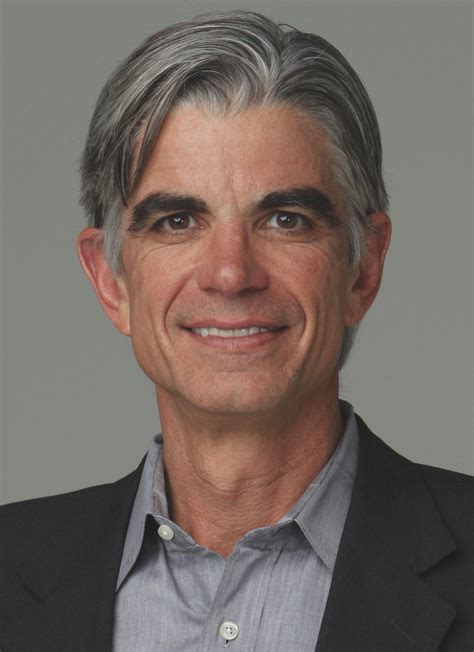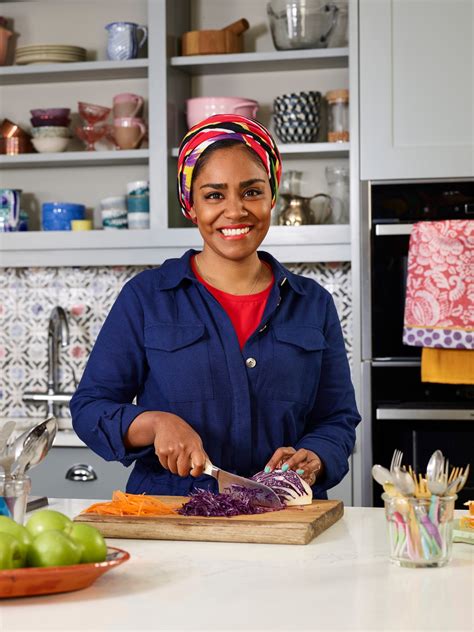Top 1200 Home Economics Quotes & Sayings
Explore popular Home Economics quotes.
Last updated on September 19, 2024.
When people are running up more and more debt for housing, they call that "real wealth." It exposes what's wrong in the mainstream economics and why most of the economics that justifies austerity programs and economic shrinkage is in the textbooks is not scientific. Junk economics denies the role of debt and denies the fact that the economic system we have now is dysfunctional.
My mother and my father taught me to look at the actual problem, not the face of it, not the veneer of it. So for me, I was never - I was impressed that it - racially, I was impressed, right, but now in America it's about economics, and it's been about economics, and honestly, everything's been about economics since I don't want to say the beginning of time, but it's been about economics for a long while.
How should the best parts of psychology and economics interrelate in an enlightened economist's mind?... I think that these behavioral economics...or economists are probably the ones that are bending them in the correct direction. I don't think it's going to be that hard to bend economics a little to accommodate what's right in psychology.
I think historically modern economics, capitalist economics, tends to erode moral categories... And this is where I think the right gets capitalism wrong. They kind of assume that there is a moral equivalence or moral valence to capitalism, but I tend to think that economics erodes all the kind of cultural taboos and inhibitions and values it comes into contact with.
Anyway that's a large part of what economics is - people arbitrarily, or as a matter of taste, assigning numerical values to non-numerical things. And then pretending that they haven't just made the numbers up, which they have. Economics is like astrology in that sense, except that economics serves to justify the current power structure, and so it has a lot of fervent believers among the powerful
Born Virginia Marshall but nicknamed Gig, my mother was a home economics teacher who had come all the way across the whole state of Virginia, from her home on the Eastern Shore to our little Appalachian coal town to marry my daddy, Ernest Smith, whose family had lived in these mountains for generations.
I am opposed to all forms of control; I am for an absolute laissez faire, free, unregulated economy. I am for the separation of the state and economics, just as we had separation of state and church, which led to peaceful coexistence among different religions...so the same applies to economics. If you separate the government from economics, if you do not regulate production and trade, you will have peaceful cooperation, and harmony and justice among men.
Home economics should find its way into the curriculum of every school because the scientific study of a problem pertaining to food, shelter or clothing... raises manual labor that might be drudgery to the plane of intelligent effort that is always self-respecting...Home economics is not one department, in the sense in which dairying or entomology or soils is a department. It is not a single speciality... Many technical and educational departments will grow out of it as time goes on.
My Prime Minister regards the economy as our highest priority and forgets that economics and ecology are derived from the same Greek word, oikos, meaning household or domain. Ecology is the study of home, while economics is its management. Ecologists try to define the conditions and principles that enable a species to survive and flourish. Yet in elevating the economy above those principles, we seem to think we are immune to the laws of nature. We have to put the ‘eco’ back into economics.
I started in the law; and the study of law, when it precedes the study of economics, gives you a set of foundation principles about how human beings interact. Economics is very useful, and I studied economics in graduate school. But without understanding the social and organizational context of economics, it becomes a theory without any groundwork.
I am practical by nature, and I'd heard that being a writer or an artist is a good way to starve! So I was an economics major at Oklahoma State, and then received an M.S. from Cornell in Agricultural Resource and Managerial Economics. I knew if I wanted to write I would do it on my own, but I knew I wouldn't make myself study economics on my own.
Home-making today should have a background of scientific training because only in this way can real efficiency be achieved. The average girl wants to be able to keep her house with the least possible strain, and in order to do this she must have good training. This can best be achieved by taking a good course in home economics.
















